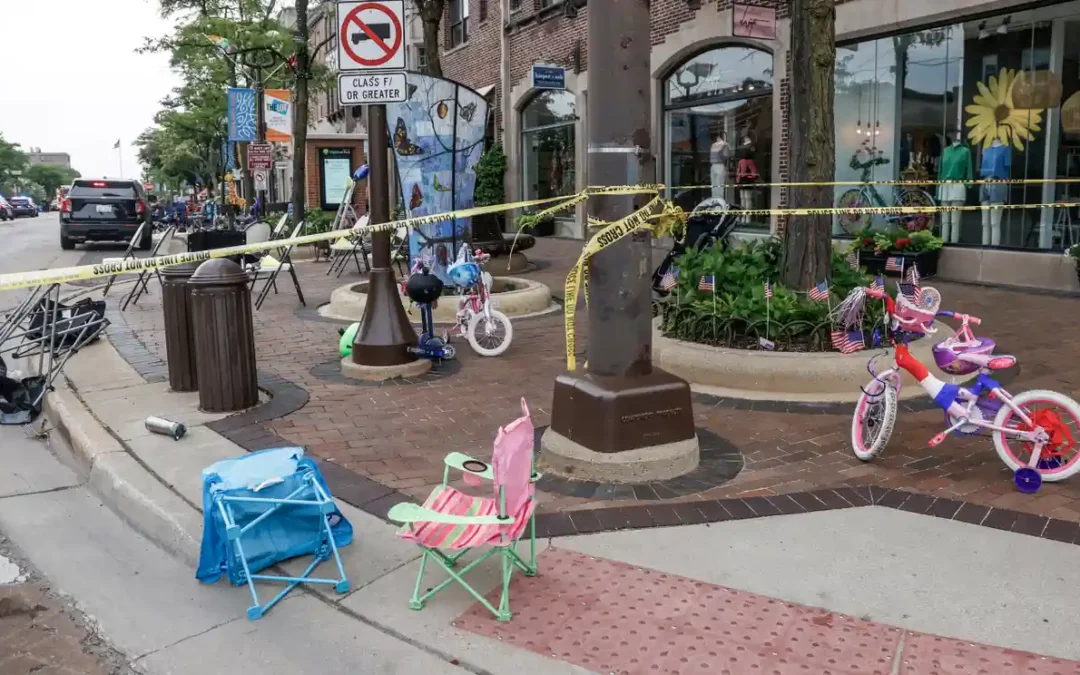
Almost 8,000 US shootings attributed to unseasonable heat
Research suggests climate crisis may contribute to increased gun violence by pushing temperatures beyond normal ranges
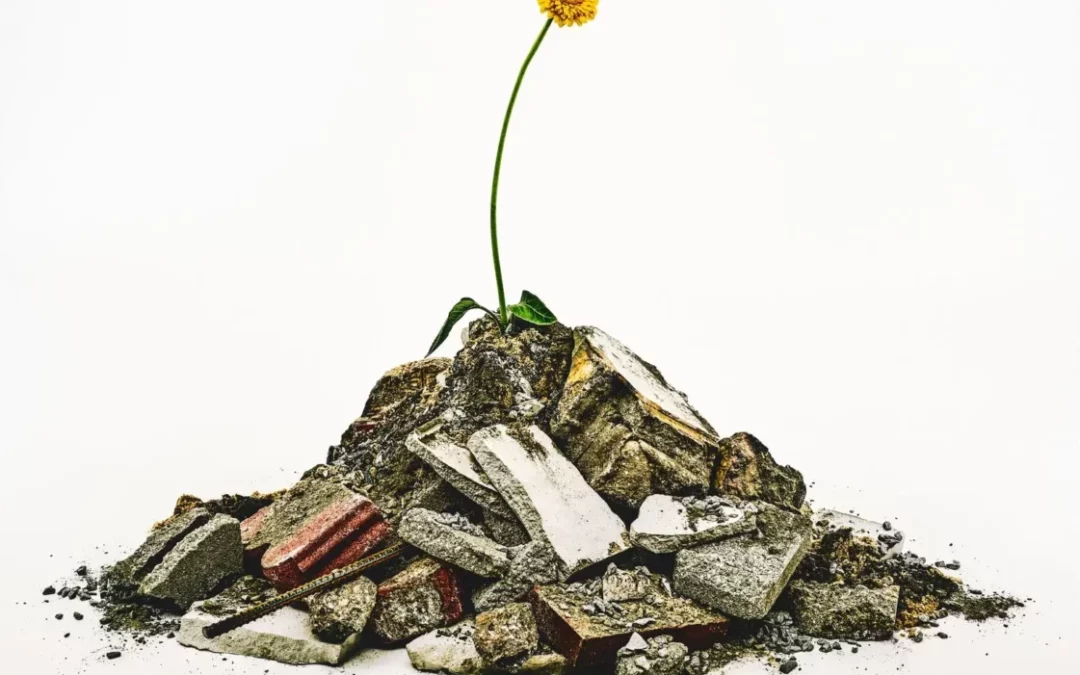
In an age of constant disaster, what does it mean to rebuild?
Each catastrophe is a test of what kind of society we’ve built. And each recovery offers a chance, however fleeting, to build another.
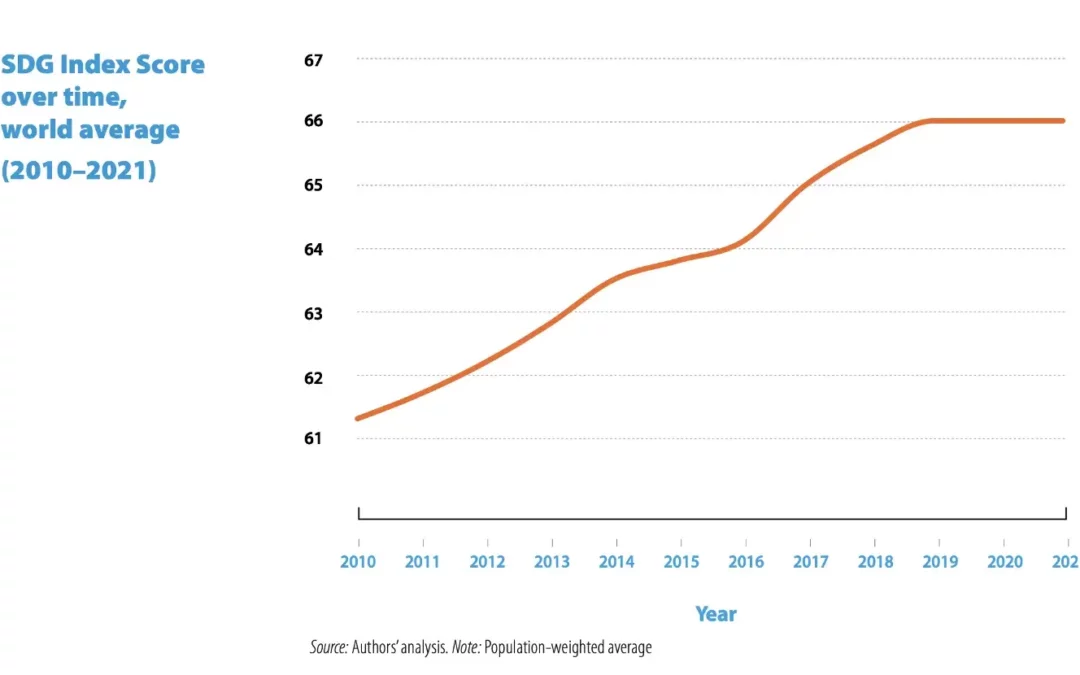
Our civilization just hit three great — and ominous — inflection points: (Why the 2020s are) The Age of Inflection
What will history think of this decade? How will it remember it? I think that it’ll come to be thought of as the Age of Inflection.
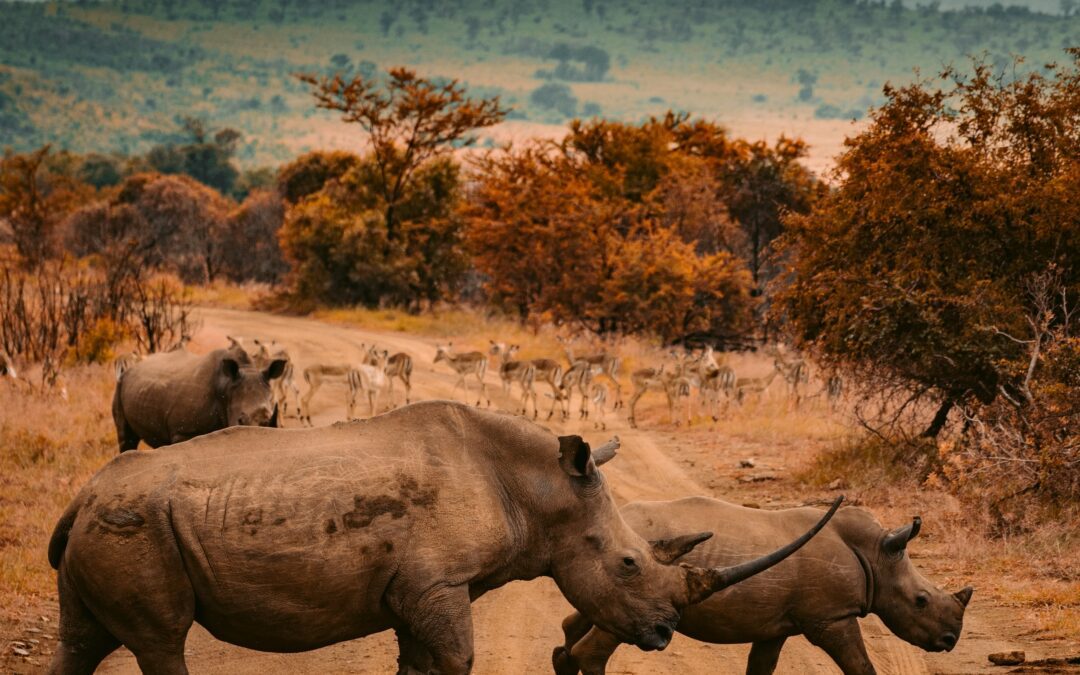
Scientists say planet in midst of sixth mass extinction, Earth’s wildlife running out of places to live
A 13-minute documentary with scientists Paul Ehrlich, Tony Barnosky, Liz Hadly, and Gerardo Ceballos.

Electric vehicles keep defying almost everyone’s predictions
There are now almost 30 million electric vehicles on the road in total, up from just 10 million at the end of 2020. E.V. market share has also tripled since 2020.
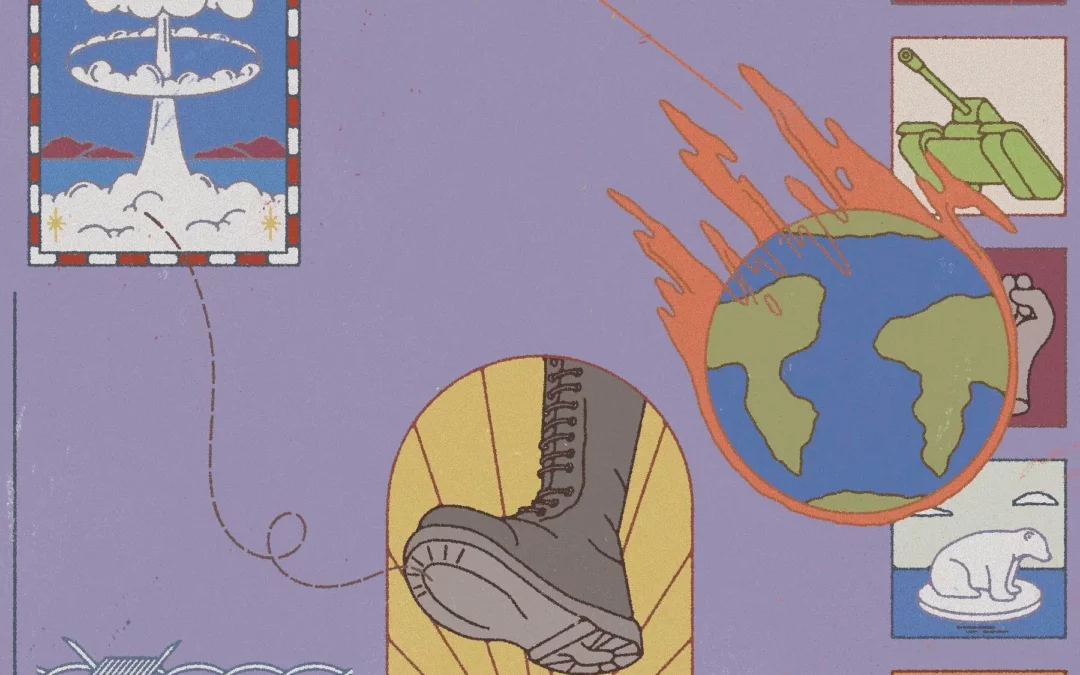
What Happens When a Cascade of Crises Collide?
In reality, the likelihood that the current mess is a coincidence is vanishingly small.

I predicted the 2008 crash – these are the global ‘megathreats’ I can see now
Life as we know it is under threat, as short-term-thinking politicians ignore the signs that point to a dystopian future

Polycrisis!
A new public event series exploring the multiple, overlapping crises of our time and how we can navigate the global polycrisis.

Dana’s answers: an interview with pioneering systems thinker Dana Meadows
Donella “Dana” Meadows was a pioneer in systems thinking and sustainability, a MacArthur Fellow, a professor, a farmer, and a mentor and friend to countless people.
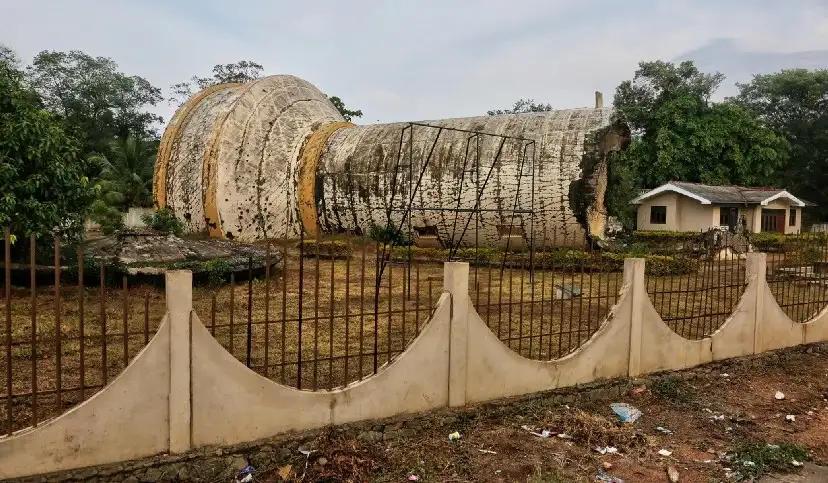
I lived through collapse: America is already there
Living in Sri Lanka during the end of the civil war, I saw how life goes on, surrounded by death.

The water of life
In a landscape where nothing is certain and old patterns of control tighten their grip, Llewellyn Vaughan-Lee urges us to leave behind that which no longer nourishes us and work with the Earth toward a living future.

Ayan Mahamoud: “East Africa and the Poly-Crisis”
In many ways, the discussions in our world are not only energy blind but also blind to accelerating threats to nations outside our own.

An early disruption event is starting for the Polar Vortex
Weather: An early disruption event is starting for the Polar Vortex, with pressure anomalies setting the stage for something bigger later in Winter

The world’s in a ‘polycrisis’ — and these countries want to quash it by looking beyond GDP
A coalition, led predominantly by women, aims to transform economies around the world to deliver shared well-being for people and the planet by 2040.

Best 20 clips of 2022 | The Great Simplification year in review
What can we take away from 2022? Here is a round-up from Nate Hagens, who is among the most insightful reporters on the polycrisis.

Physical attacks on power grid surge to new peak
People are shooting, sabotaging and vandalizing electrical equipment in the U.S. at a pace unseen in at least a decade, amid signs that domestic extremists hope to use blackouts to sow unrest.

